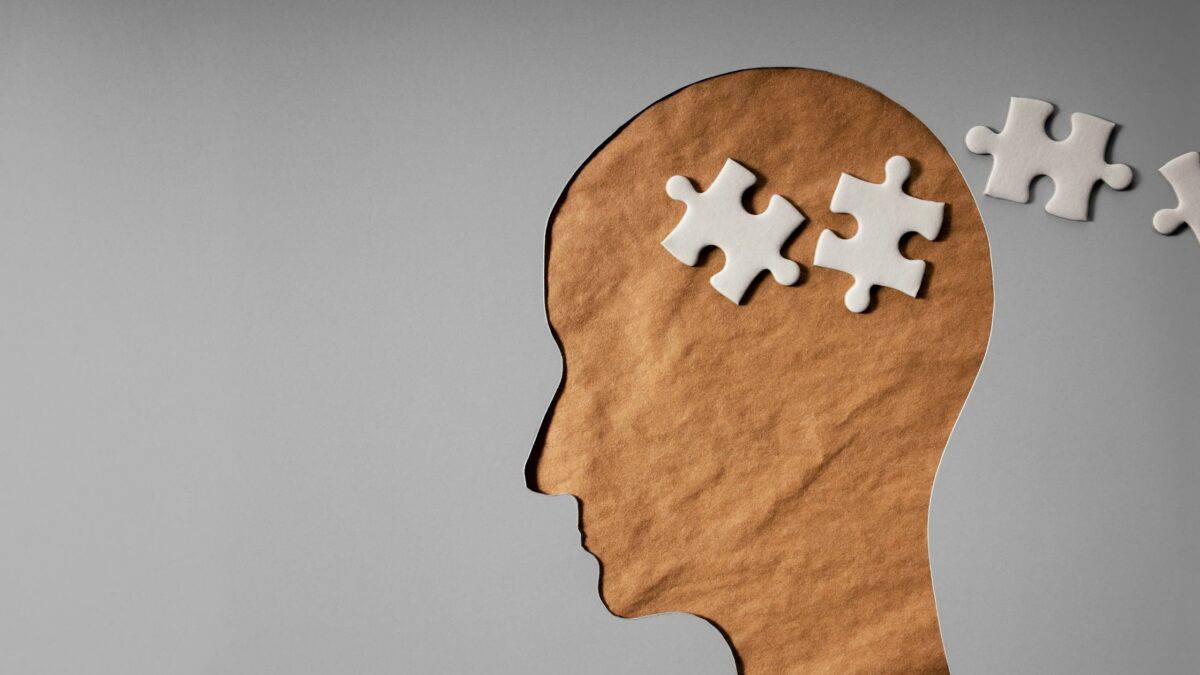Hearing loss can take a toll on health in significant ways. Hearing loss strains communication which is a key way we navigate daily life. This often impacts relationships, contributes to social withdrawal, and increases health risks. Extensive studies show that hearing loss also increases the risk of cognitive decline and developing conditions like dementia.
Dementia includes several conditions that progressively reduce cognitive functions like decisions making, memory, and learning. The number of people living with dementia is projected to triple, from 50 million to 150 million by 2050. Because there is no cure for dementia, much research is focused on identifying factors that people can change to reduce the risk of cognitive decline. Substantial research shows that hearing loss is a risk factor for cognitive decline. Recent studies show that even milder forms of hearing loss can impact brain health.
New Studies on Hearing Loss & Dementia
Research has long identified hearing loss as a risk factor for dementia. Previous studies linking hearing loss and dementia utilized pure tone audiometry testing to evaluate participants’ hearing capacities. This type of test is the most commonly used evaluation to diagnose hearing loss and works by having people identify the sounds they are able to hear while wearing headphones in a quiet space. While this test is the standard for measuring hearing loss, people whose results come back as normal may still experience hearing challenges when other tests are used to evaluate their hearing.
This includes people’s ability to hear and understand speech in environments with background noise. Known as speech-in-noise hearing, this type of hearing is what we rely on to navigate daily life. So recent studies seek to investigate the link between speech-in-noise hearing challenges (rather than hearing loss determined by pure tone audiometry testing) and dementia.
A recent study published in The Journal of the Alzheimer’s Association in 2021 did this by assessing the hearing and cognitive capacities of 82,039 participants, ages 60 and over. Researchers used the digits triple test to assess speech-in-noise hearing which involves asking people to identify numbers that are audibly communicated in varying levels of background noise.
Patients were assessed after 11 years and a total of 1,285 people had developed dementia. Researchers found that people with:
- insufficient speech-in-noise hearing had a greater risk of 61%
- poor speech-in-noise hearing had a greater risk of 91%
of developing dementia compared to those with normal speech-in-noise hearing abilities. These findings highlight a significant correlation between speech-in-noise hearing challenges and cognitive decline. This supports the large body of research that shows that hearing loss is a risk factor for hearing loss.
Impact of Hearing Loss on Brain Health
Speech in noise hearing challenges and hearing loss can impact brain health in a few ways. Hearing is a process that happens in both the ears and brain so when hearing is impaired, these areas experience the effects of that. Experts suggest that the brain can experience:
- Cognitive overload: as a result of not receiving auditory information from the inner ears, the brain overworks itself in trying to hear and understand sound. Other parts of the brain also help in trying to hear and this additional labor leads to fatigue as well as cognitive overload.
- Brain atrophy: there are specific parts of the brain that are responsible for speech and language comprehension. Because these areas receive less auditory information to process, they become less active. This can shrink these areas, leading to a loss of neurons and neural networks which contributes to cognitive decline.
- Less stimulation: social withdrawal is a common symptom of hearing loss. Strained communication makes it challenging to have conversations which people tend to avoid as much as possible. This includes spending less time with others and avoiding social gatherings which results in less stimulation and engagement for the brain.
Hearing loss can affect brain ehealth in critical ways that increase the risk of decline and the development of conditions like dementia. Fortunately, hearing loss is a modifiable risk factor that people can work with to prevent cognitive decline.
Prioritize Your Hearing Health
There are several ways you can protect your hearing health and reduce the risk of experiencing dementia. This includes: treating hearing loss, increasing exercise, praciting brain exercises, and regularly testing your hearing. Contact us today to learn more about prioritizing your hearing health.

